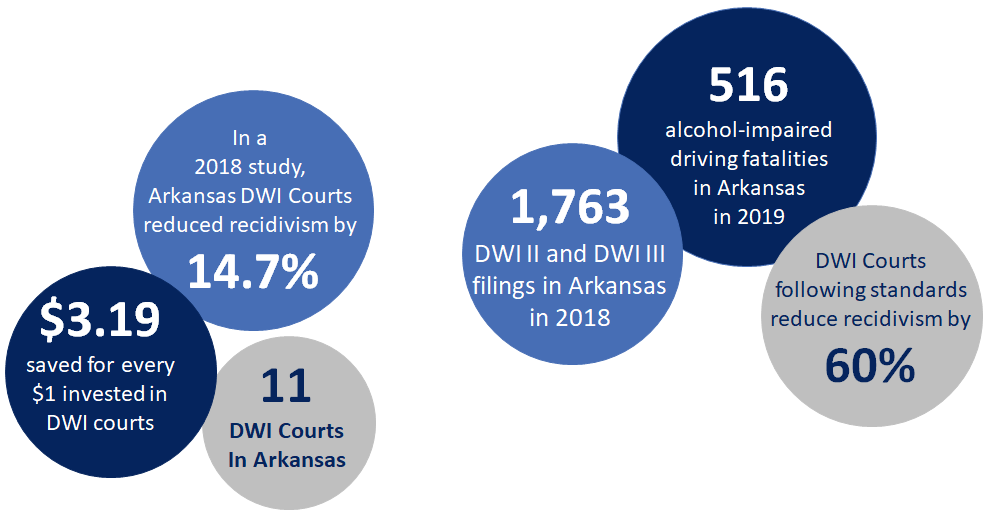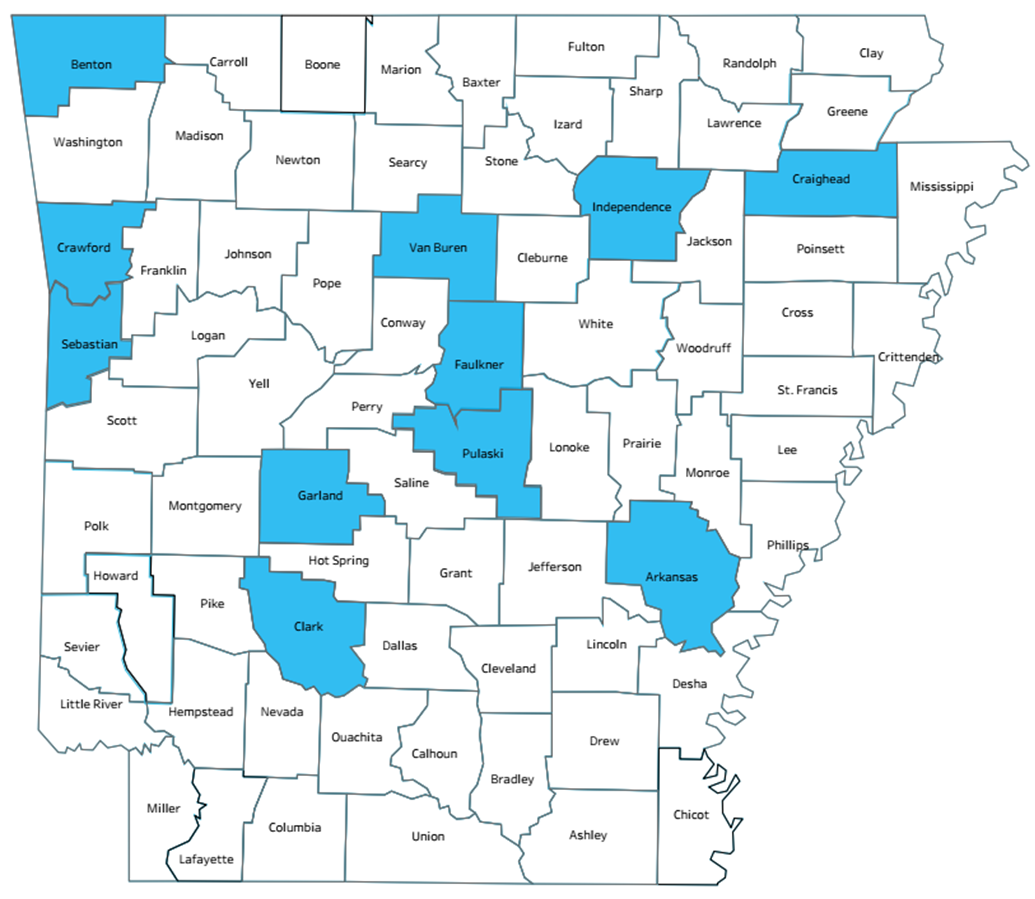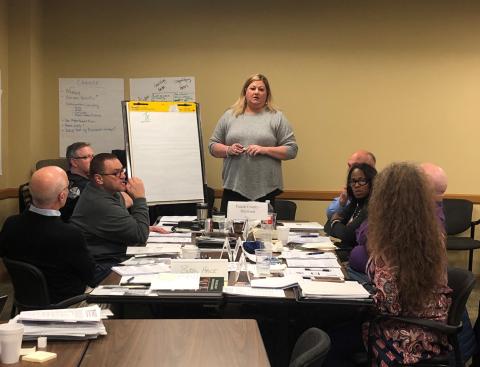In 2019, impaired driving deaths accounted for one-third of all traffic deaths on American highways. DWI Courts are the most innovative strategies available for holding habitual impaired drivers accountable while providing life-changing treatment.

DWI Courts are specialized, post-adjudicated court programs dedicated to changing the behavior of alcohol or drug-dependent offenders arrested for driving while intoxicated. Based on the established Drug Court model, these structured programs offer offenders treatment and supervision while holding them accountable. DWI Courts target offenders who are not deterred by traditional sanctions, such as jail, and are most resistant to behavior change, as demonstrated by their multiple convictions. Contrary to conventional court processes, DWI Courts utilize a team approach to work collaboratively with court participants to offer support and assist behavior change. DWI Court teams consist of a judge, coordinator, defense attorney, prosecuting attorney, probation officer, law enforcement officer, treatment practitioner, and other community service providers. DWI Courts rely on the premise that impaired driving can be prevented if the underlying causes, such as substance use and mental health disorders, are identified and treated.

The Ten Guiding Principles of DWI Courts provide a framework for the DWI Court model and are essential reading for any jurisdiction interested in implementing a program. Click here to view Ten Guiding Principles of DWI Courts.
For more information and resources on DWI Courts, please visit the National Center for DWI Courts website.


